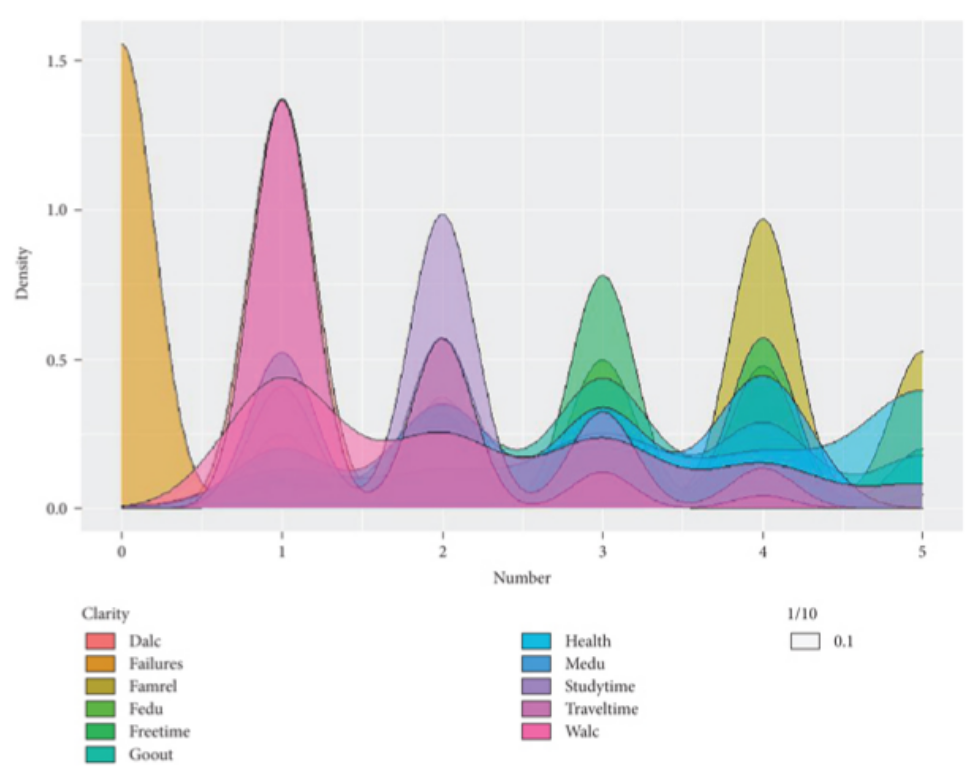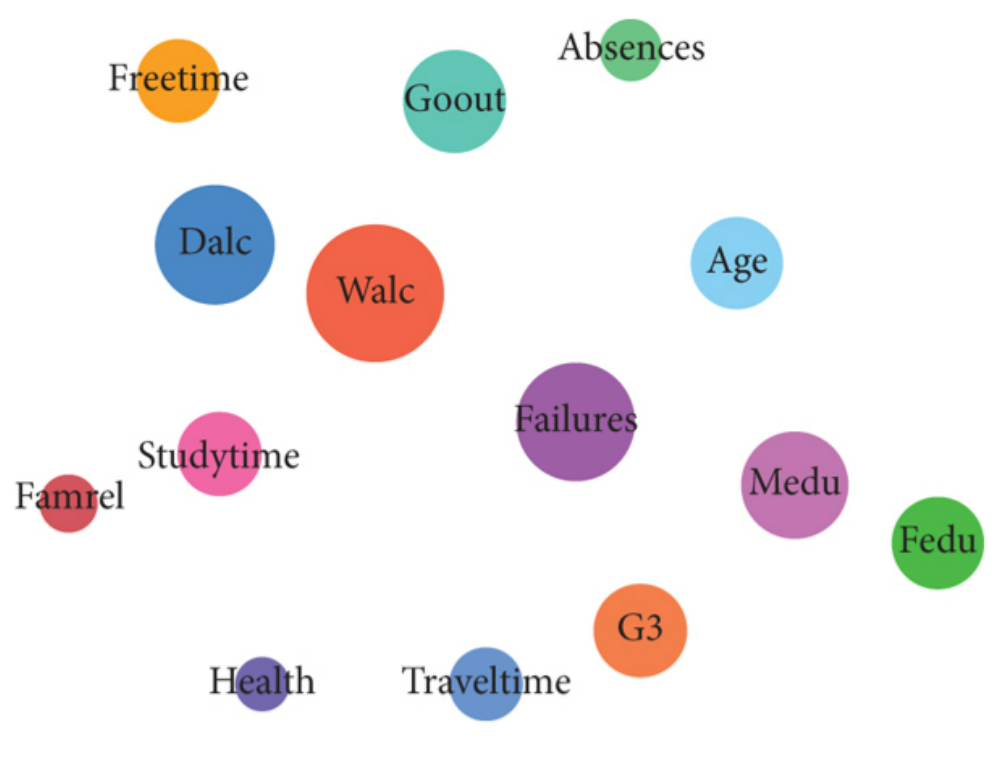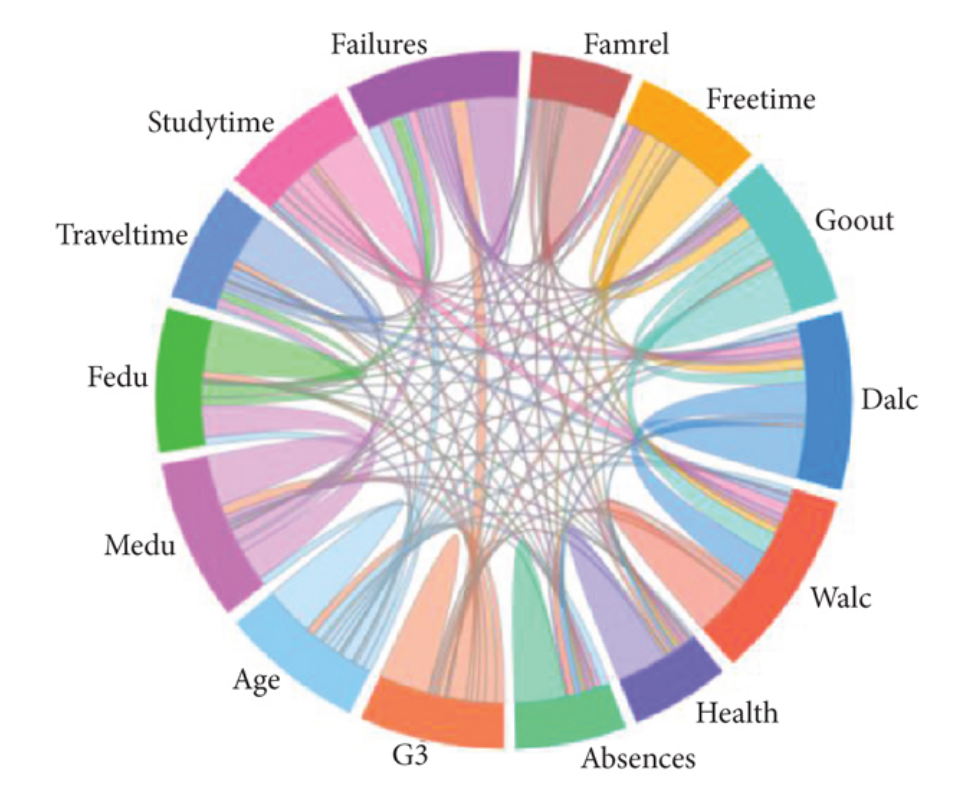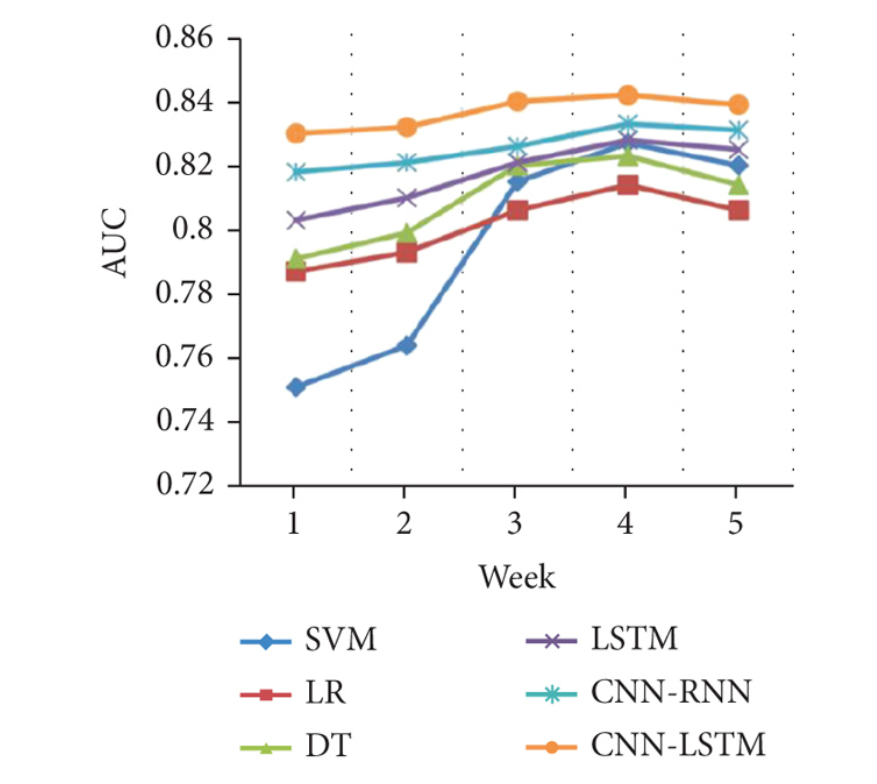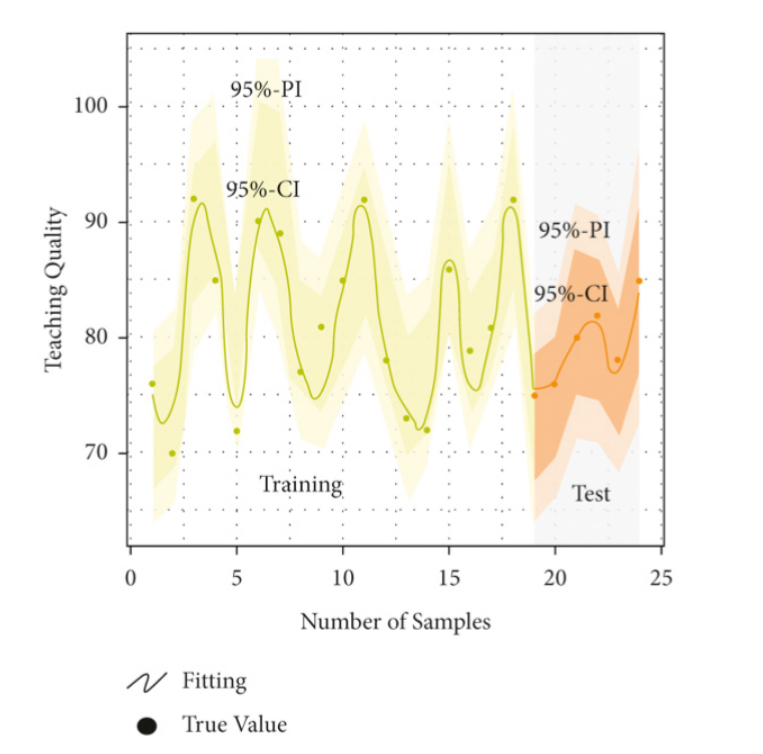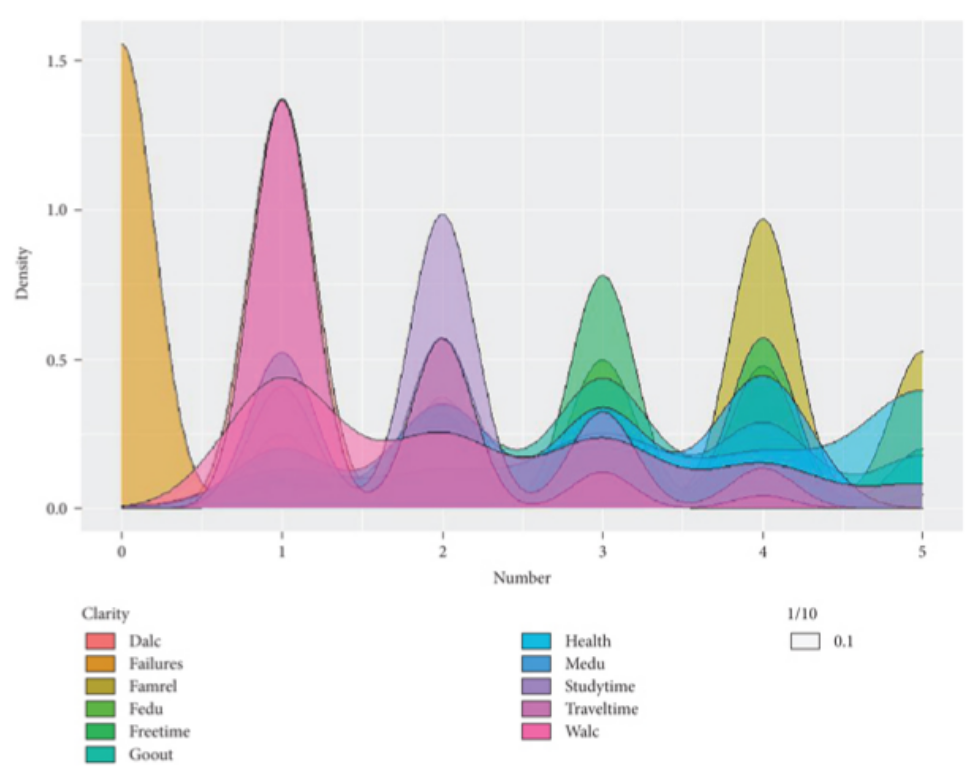 An open access journal
An open access journal
Artificial Intelligence in the Arts: Exploring Creativity, Ethics, and Societal Impact
Abstract
This paper delves into the intersection of artificial intelligence (AI) and the arts, examining the implications of AI technologies on creativity, ethics, and societal impact. Through an interdisciplinary lens, the study explores how AI algorithms are being used to generate art, music, literature, and other creative works, raising questions about authorship, originality, and the role of the artist. It investigates the ethical considerations surrounding AI-generated art, including issues of bias, cultural appropriation, and the commodification of creativity. Additionally, the paper discusses the potential societal impact of AI in the arts, including its influence on cultural production, consumption patterns, and the democratization of creativity. Furthermore, it examines the role of AI in shaping the future of artistic expression, challenging traditional notions of human creativity, and redefining the relationship between technology and culture. The findings highlight the need for ongoing dialogue and collaboration between artists, technologists, and ethicists to navigate the complex ethical and social implications of AI in the arts.
Show Figures
Share and Cite
Article Metrics
References
- Boden, M. A. (1996). The Philosophy of Artificial Intelligence. Oxford University Press.
- Cope, D. (2005). Virtual Music: Computer Synthesis of Musical Style. MIT Press.
- Floridi, L. (2011). The Philosophy of Information. Oxford University Press.
- McCormack, J., & d'Inverno, M. (Eds.). (2012). Computers and Creativity. Springer.
- Minsky, M. (2007). The Emotion Machine: Commonsense Thinking, Artificial Intelligence, and the Future of the Human Mind. Simon & Schuster.
- Papadopoulos, G., & Kyratsis, P. (Eds.). (2016). Musical Robots and Interactive Multimodal Systems. Springer.
- Rushkoff, D. (2018). Team Human. W. W. Norton & Company.
- Turing, A. M. (1950). Computing Machinery and Intelligence. Mind, 59(236), 433-460.

